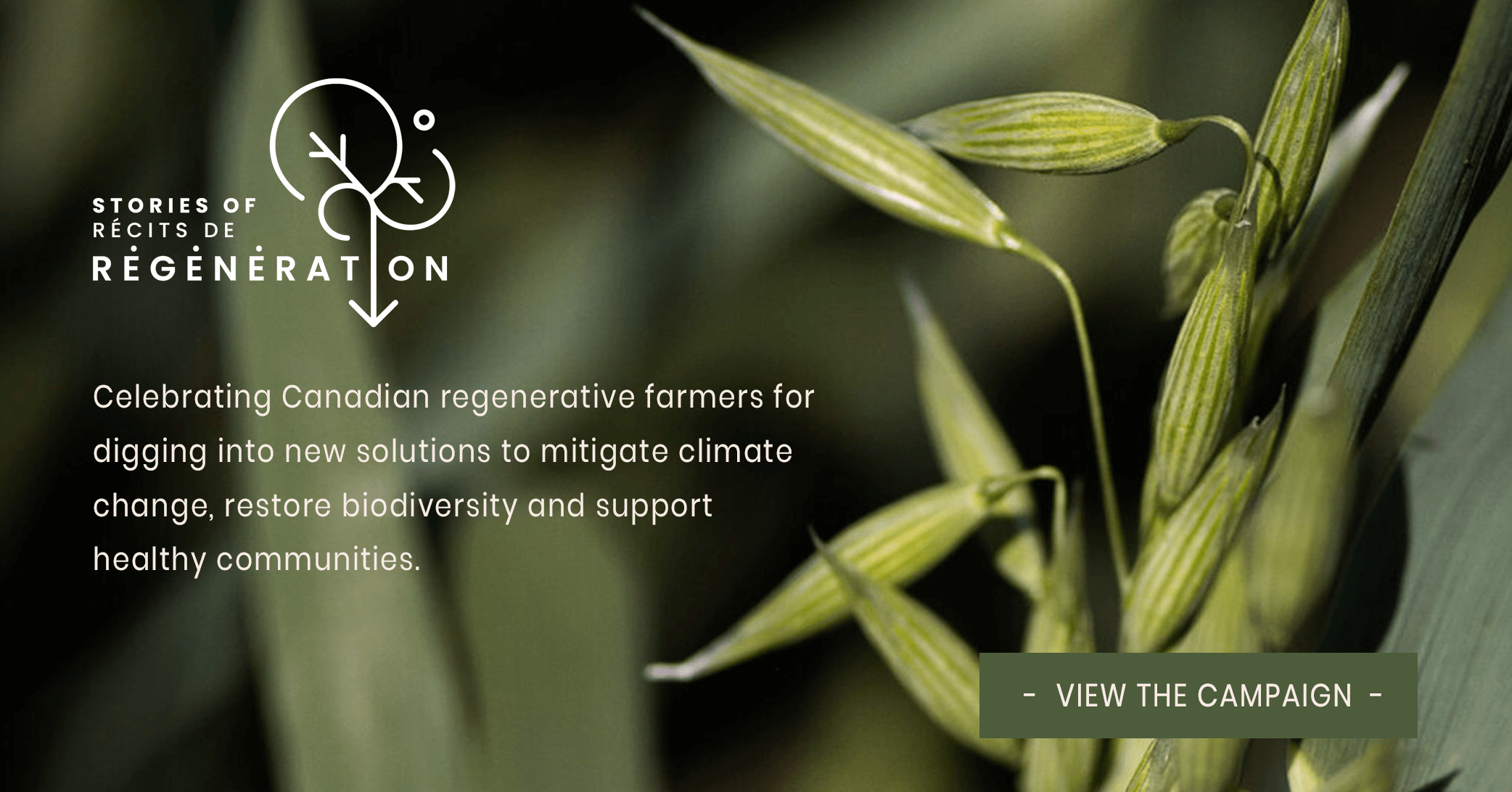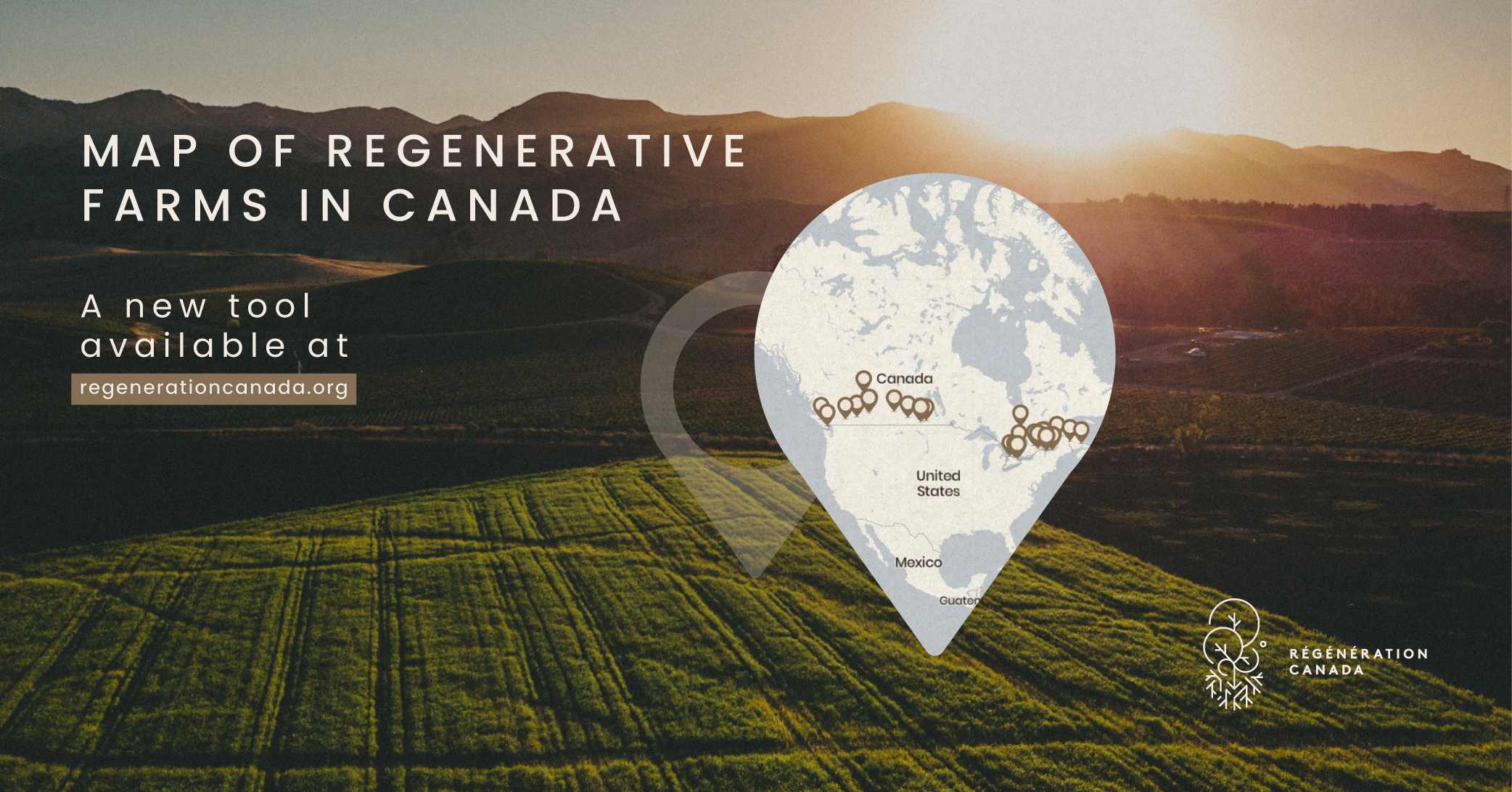Carbon Farming involves implementing practices that are known to improve the rate at which CO2 is removed from the atmosphere and converted to plant material and/or soil organic matter. Carbon farming is successful when carbon gains resulting from enhanced land management and/or conservation practices exceed carbon losses. The Carbon Cycle Institute has developed a model framework for land management that emphasizes carbon as the organizing principle. Land management within this framework leads to enhanced rates of carbon capture, increases the provision of important ecosystem services (especially water), and mitigates climate change.
During this webinar, you will learn:
- the basic science behind the carbon cycle and how agriculture and climate change are interrelated;
- principles, practices and benefits of carbon farming and how it is being deployed on farms and ranches;
- and much more!
Cost:
Member: free
Non member: 10$
To become a member et benefit from free webinars and more, sign up here.
Our speakers:
Dr. Jeff Creque is co-founder of the Marin Carbon Project and a Director at the Carbon Cycle Institute, where he provides senior leadership on carbon farming and land management. He brings thirty years of applied experience and theoretical training to the task of informing and facilitating the goals of the Marin Carbon Project. He is an agricultural and rangeland consultant and Natural Resources Conservation Service certified nutrient management planning specialist. In addition, he has many organizational affiliations including: Founding Board Member, Alliance for Local Sustainable Agriculture (Marin); Co-Founder, Bolinas-Stinson Beach Compost Project; Agricultural Director, Apple Tree International; and Co-Founder, West Marin Compost Coalition. Dr. Creque holds a PhD in Rangeland Ecology from Utah State University, and is a California State Board of Forestry Certified Professional in Rangeland Management.
Torri Estrada is Executive Director at the Carbon Cycle Institute and directs its policy and climate justice work. Torri has worked with non-profit, community-based, and public institutions to advance solutions to social and environmental justice, climate, and environmental issues for over twenty years. Previously, Torri was the program director at the Marin Community Foundation, where he managed the Foundation’s environmental grantmaking program and climate change initiative. He was also a program officer at the Unitarian Universalist Veatch Program at Shelter Rock, where he managed its environmental justice, media reform, reproductive rights, and civil rights portfolios. Torri was the co-founder and a senior policy fellow with the Environmental Justice Coalition for Water; served as Director of the Latino Issues Forum’s Environment and Sustainable Development Program; and was a Program Director at Urban Habitat, where Torri managed the Brownfields and Community Revitalization Project and co-developed its Leadership Development Program. Torri holds an MS in Environmental Sociology and Policy (with an emphasis on environmental justice) from the University of Michigan, and a joint BS/BA degree in Environmental Science and Policy and Ecological Anthropology from the University of California at Berkeley.




